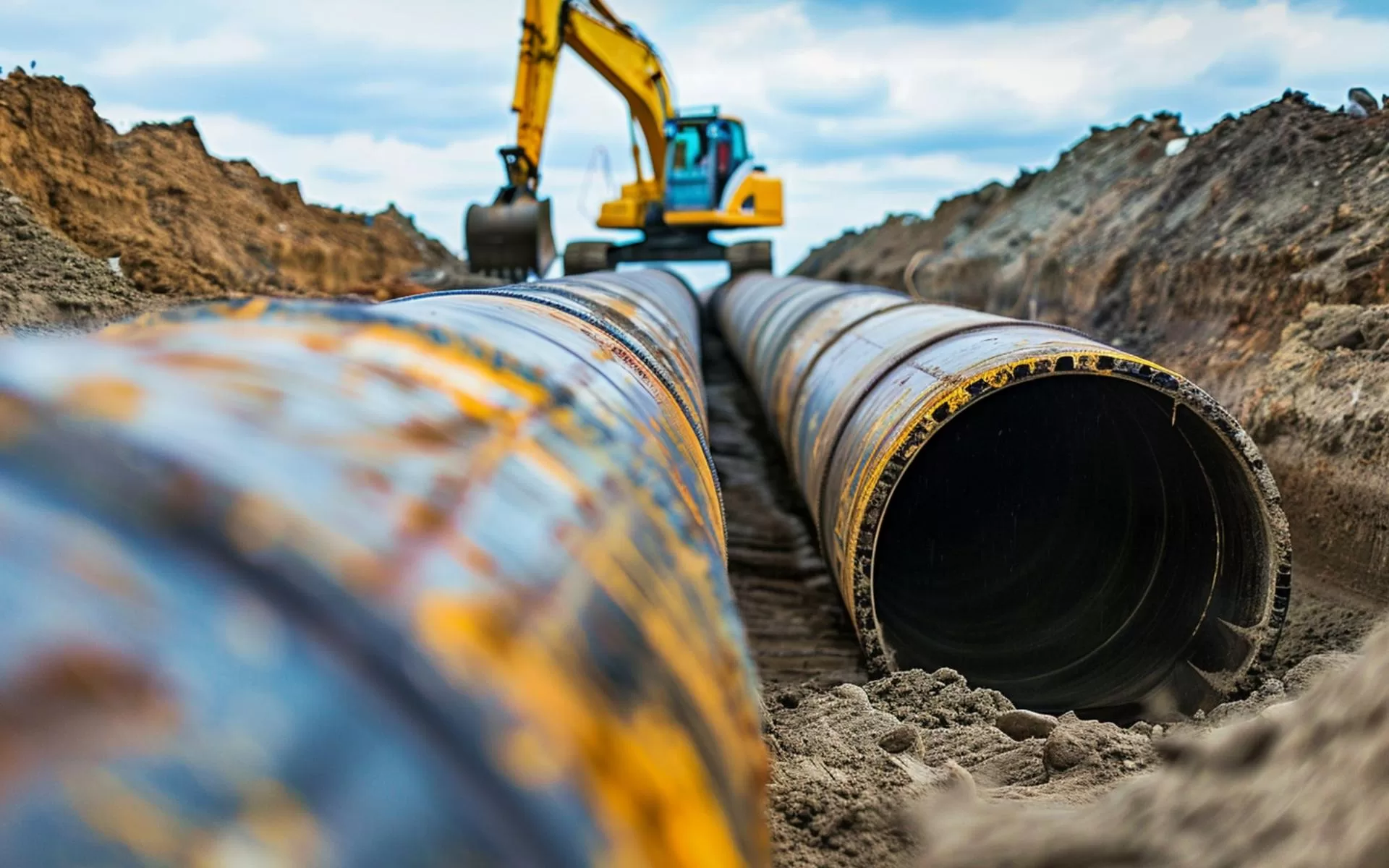The PAU is tasked with establishing the country’s petroleum resource and ensuring that the discovered petroleum resources are optimally produced. In line with the above, the PAU continuously:
- Enables smooth progress in implementation of the development projects in accordance with Industry best practice;
- Ensures a level of compliance by the licensees through monitoring of operations; and,
- Ensures alignment of the development planning to international petroleum industry standards, observance of the environmental and safety requirements as well as good petroleum reservoir management practices.
- Enhanced understanding of the country’s resources by evaluating, compiling and submitting the country’s annual resources reports for the years 2017 to 2024.

- Facilitated exploration activities by new licensees in three (03) contract areas, through interpretation of 640-line km of 2D seismic data, and 250 sq.km of 3D seismic data. This led to the identification of six prospects;
- Facilitated efficient licensing through evaluation of applications for exploration licenses and advising the Minister accordingly;
- Undertook technical evaluation of the blocks offered for the second licensing round;
Improved understanding of the six (06) reservoirs being prepared for production – this resulted in an increase of the plateau production period; - Enabled appropriate design of upstream infrastructure through monitoring of the technical studies, including the Front-End and Engineering Design (FEED) and Geotechnical studies.
- Contributed to the selection and negotiations with the lead investor for the refinery project which led to the signing of the Project Framework Agreement (PFA) and the subsequent pre- Final Investment Decision (FID) activities;
- Established an enabling environment for development of midstream infrastructure through review of the legal framework and partnership with the Energy and Water Utilities Regulatory Authority (EWURA);
- Enabled appropriate design of the East African Crude Oil Pipeline (EACOP) through monitoring of the technical studies, including the FEED and Geotechnical studies;

